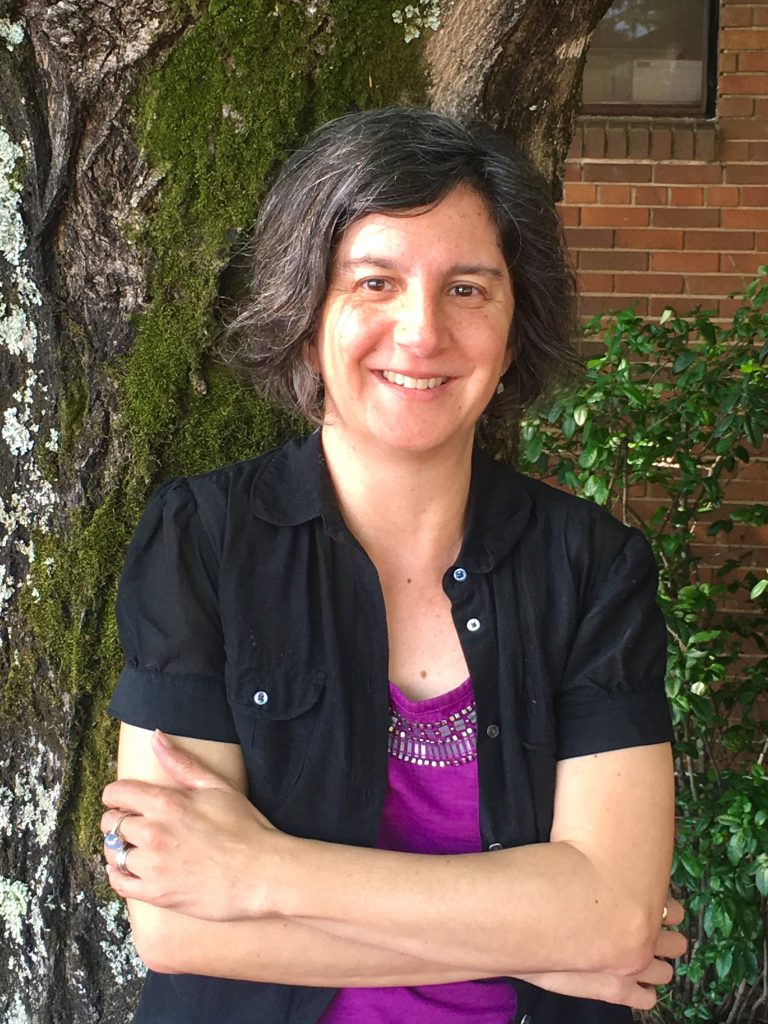
A researcher at Kyoto University in Japan faked some of the data in a 2017 paper in Science about the deadly Kumamoto earthquake, the university said.
According to media reports about a press conference held today, Kyoto found that the paper’s first author, Aiming Lin, had committed misconduct, including falsification of data and plagiarism. They recommended that Lin retract the paper, and said he would face sanctions, while his co-authors were cleared of wrongdoing.
Science editor in chief Jeremy Berg tells us: Continue reading Science standing by for updates as university finds fraud in earthquake paper

 Retraction Watch readers may recall the name Erin Potts-Kant. We’ve been reporting on retractions by Potts-Kant, a former lab tech at Duke,
Retraction Watch readers may recall the name Erin Potts-Kant. We’ve been reporting on retractions by Potts-Kant, a former lab tech at Duke, 
 Before we present this week’s Weekend Reads, a question: Do you enjoy our weekly roundup? If so, we could really use your help. Would you consider a
Before we present this week’s Weekend Reads, a question: Do you enjoy our weekly roundup? If so, we could really use your help. Would you consider a 

 A group of researchers at Harbin Medical University in China has had a third paper retracted, making for a
A group of researchers at Harbin Medical University in China has had a third paper retracted, making for a